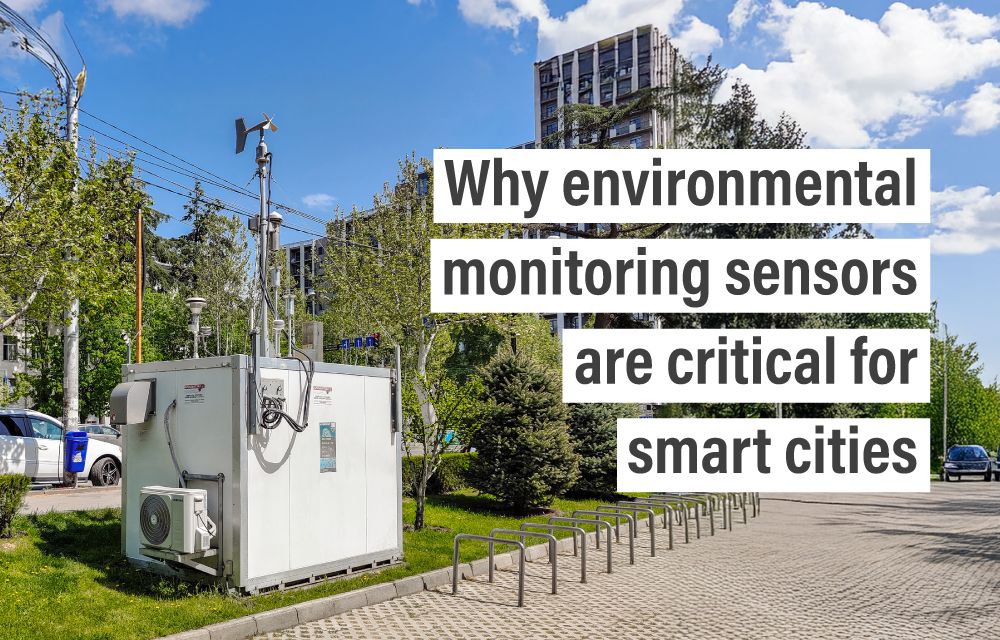Is your office job safe from artificial intelligence?
Posted by Angelo D’Onofrio | 12.09.2018
The spectre of artificial intelligence and machines taking over office jobs long considered immune to automation has entered the mainstream consciousness in recent years.
While robotics have long been a source of worry for factory workers, most recently the 60,000 Chinese Foxconn workers replaced by machines, a landmark study from Oxford in 2013 found that 47% of US jobs are “at risk” of being automated over the next couple of decades.
On top of the threat to those in production industries, the researchers found logistics and transportation as well as administrative and office support roles were vulnerable. Worryingly, they found a substantial number of service jobs, which have been at the heart of US growth over the past decade, were also at risk.
This threat of technological unemployment has fed into wider hysteria around the rapid advances in artificial intelligence (AI) in recent years. But while it’s true that computers are becoming increasingly capable, are humans genuinely at risk of becoming redundant in the workplace?
AI’s near time impact on the office is likely to be absorbing the administrative chores that bog us down. A hint of what that could look like will be on show at Cisco Live this week, where Cisco will demonstrate its attempts to integrate its Spark messaging app and WebEx conferencing service with IBM’s Verse email platform and Connections collaboration suite.
These features are expected to roll out in October, but the firms have also announced plans to incorporate IBM’s Watson cognitive computing capabilities into the suite of tools by next February. By giving Watson access to employees written and spoken communication it can get to know individual employees and their priorities.
Based on what individuals have been talking about the system could use a form of Artificial Intelligence to schedule meetings based on their importance, set agendas, look up relevant documents and even provide summaries of meetings for those who missed them. Watson could effectively become a personal PA for everyone in the business.
Several European companies already using Starmind
Several major companies in Europe, including UBS and Bayer are already using a system developed in Switzerland called Starmind, which uses Artificial Intelligence to automatically map the knowledge of employees and route questions to the right expert. The system can understand typed queries and even draw on previous conversations between staff to answer them.
“If you can find ways for humans and Artificial Intelligence inspired technologies to autonomously collaborate rather than focusing on ways for them to compete, you can bring out the best in both,” co-founder Pascal Kaufmann told the Belfast Telegraph.
While high-end solutions like these are likely to be restricted to major corporations, it may not be too long before this kind of digital PA technology is far more widespread. A wealth of information from the burgeoning Internet of Things and the troves of personal data on the Internet is finally giving machines what they’ve been lacking – context.
As Corinna Lathan and Stuart Russell note in Scientific American, “up to now, machines have been largely oblivious to the details of our work, our bodies and our lives. A human PA knows when you are interruptible, stressed, bored, tired or hungry. The PA knows who and what is important to you, and also what you would prefer to avoid. Artificial Intelligence systems are gaining the ability to acquire and interpret contextual cues so that they can gain these skills as well.”
The pair say these digital PAs will make us happier and more productive. According to this vision, Artificial Intelligence is the equivalent of a typewriter or a PC – it doesn’t replace the task of writing it just makes it more efficient.
There is considerable evidence that automation does not destroy jobs, but actually increases them. Data from the US Census Bureau shows that on average occupations with above-average computer use have grown 0.9% per year faster since 1980, economist James Bessen writes in the Atlantic. Examples from the legal, banking and retail sectors show that by reducing the costs of products and services automation allows industries to expand.
Even where automation has resulted in job losses in specific occupations the roles hadn’t disappeared, they’d simply been taken on by people using computers. For instance desktop publishing systems allowed graphics designers to take over the role of typographers.
Admittedly, if Artificial Intelligence ever reaches human-levels of intelligence it could probably do anything we are able to faster and better and so would replace most of the jobs humans currently do. Thankfully all but the most optimistic of the technology’s cheer leaders agree this is decades away though.
So don’t worry, your job is safe for the time being. But the trend towards automation does highlight a pressing issue for society. As Bess notes “The main effect of automation for the time being will not be to eliminate jobs, but to redefine them…as long as they [workers] can learn to use the new tools, automation will be their friend.”
The rapid pace at which this change will happen threatens to leave a lot of people behind. It will require major reform of our education systems, in particular adult education, to train and retrain people in the skills that will suddenly become much more valuable – creativity, social intelligence and perception.
As the Oxford researchers note in their 2013 study, “since electrification, the story of the twentieth century has been the race between education and technology”. So the question we need to ask ourselves is can our education system keep pace with the rapid changes Artificial Intelligence is bringing to the workplace?

